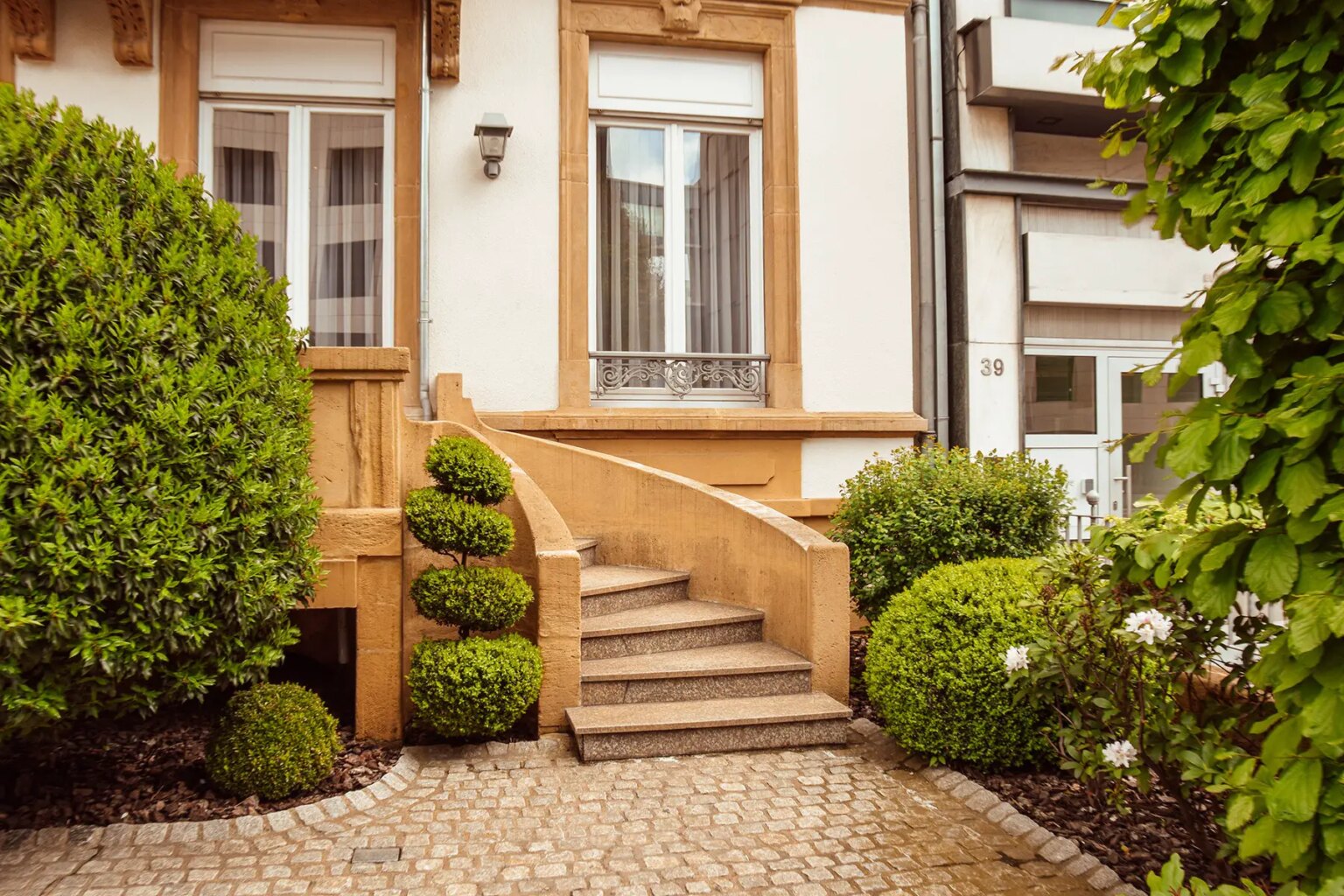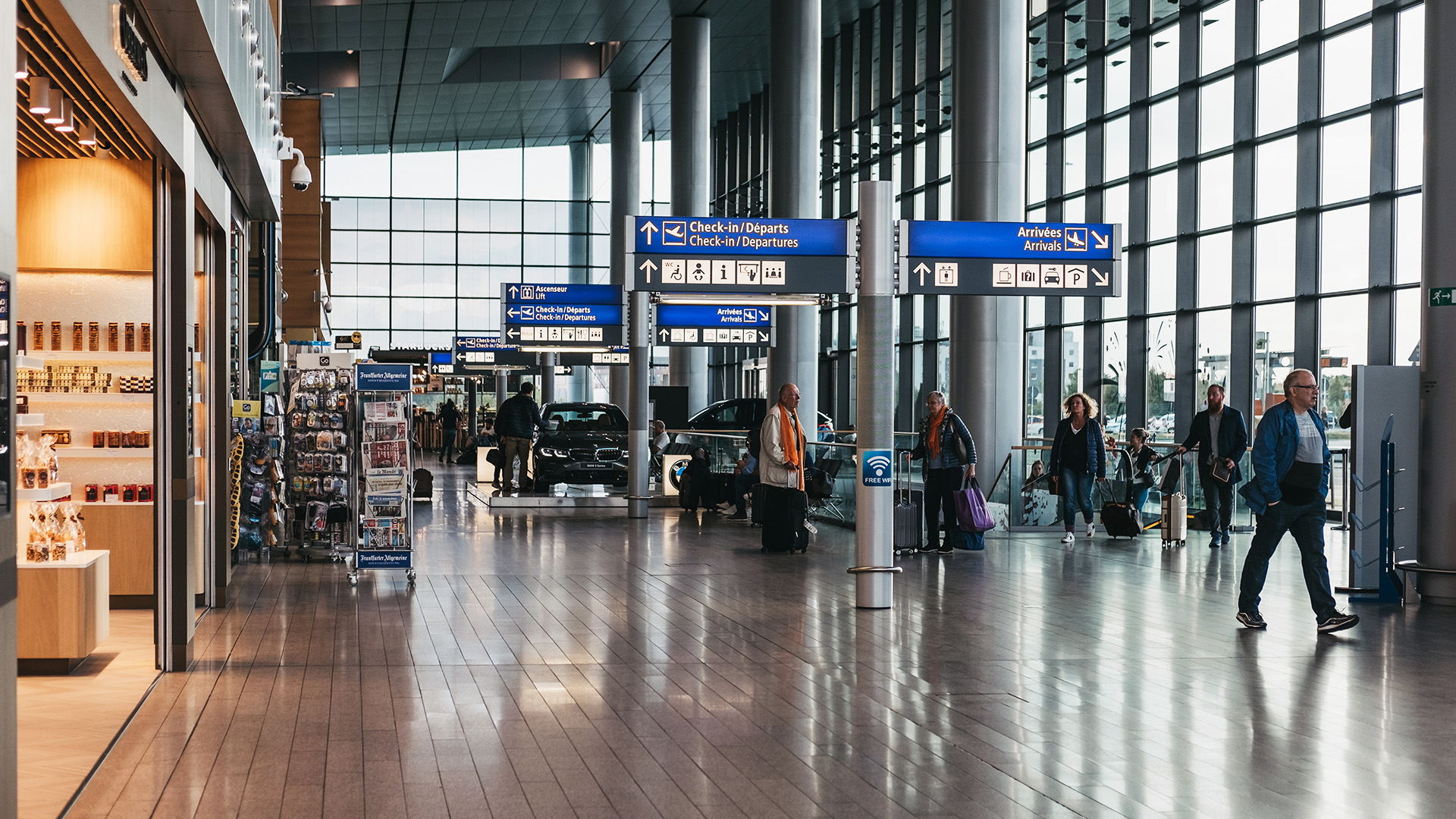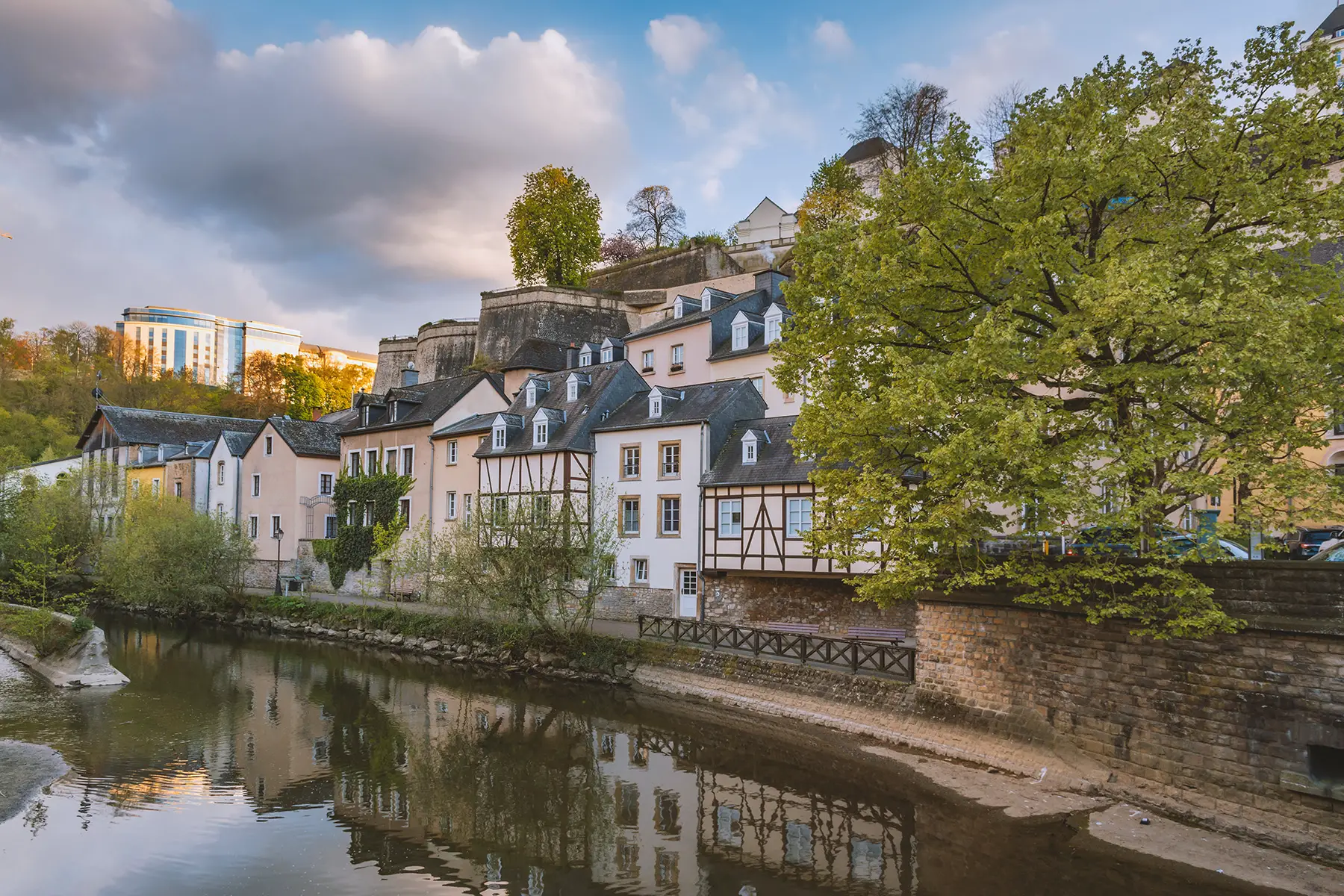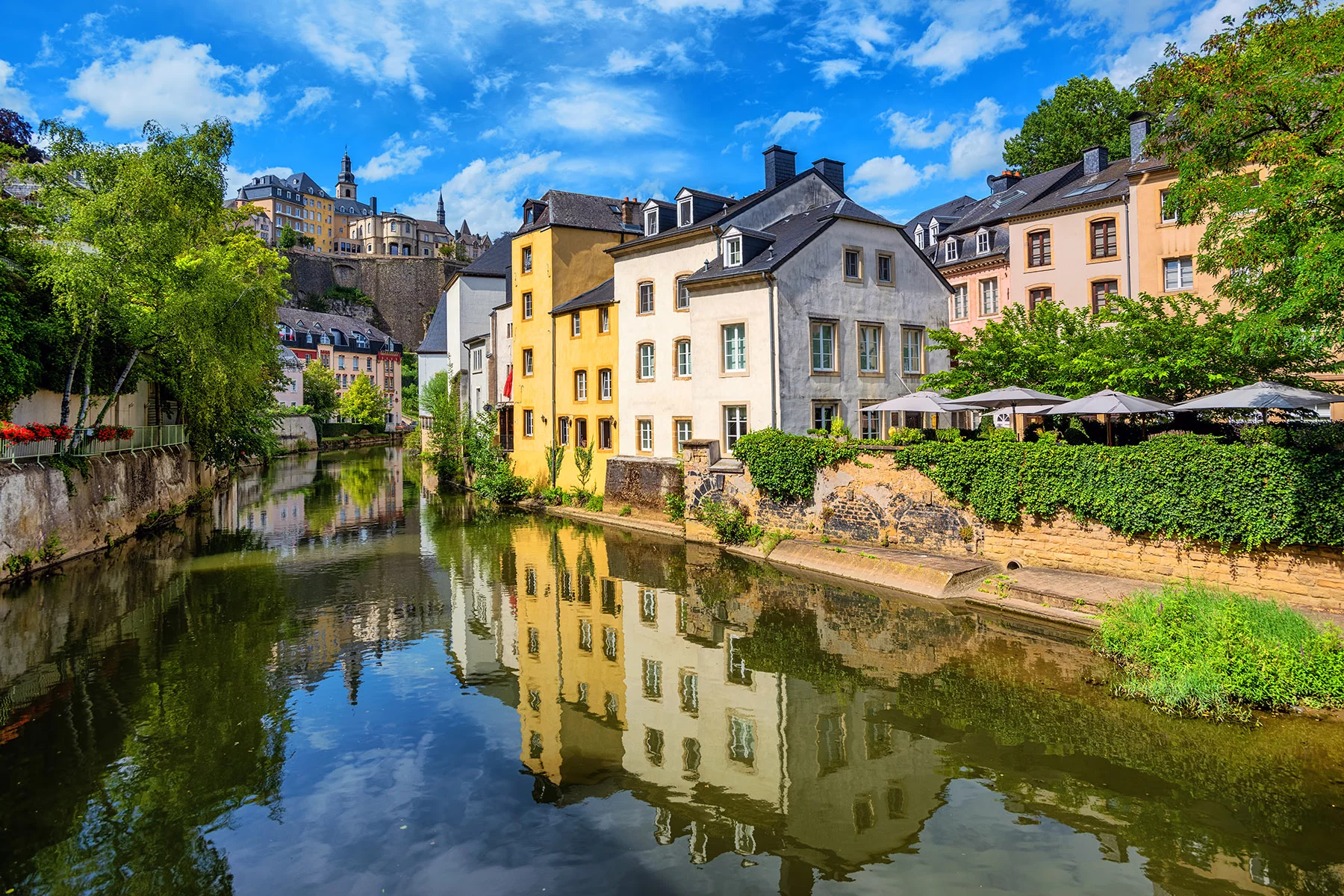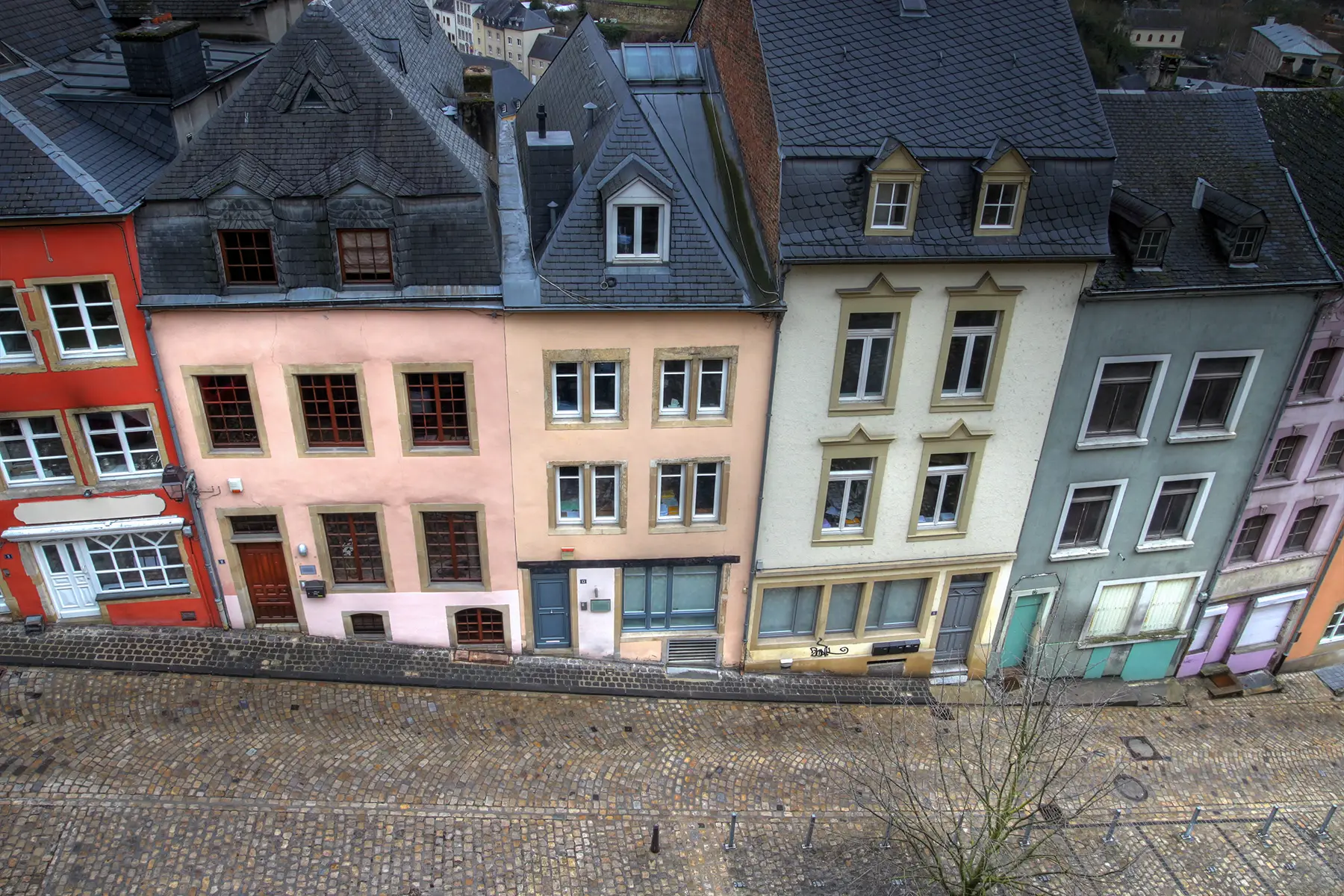When moving to Luxembourg, you might consider buying somewhere to live. However, properties in Luxembourg can be very expensive, so it’s important to think carefully about whether buying a home is the right option for you and to do your research to ensure the numbers add up. Get started by reading this step-by-step advice on buying real estate, including what’s happening to the property market and tips on how to find a suitable home.
- Homeownership in Luxembourg
- Should you buy or rent real estate in Luxembourg?
- Can expats buy real estate in Luxembourg?
- The Luxembourg property market and property prices
- Costs of buying real estate in Luxembourg
- Financing a real estate purchase in Luxembourg
- Finding real estate in Luxembourg
- The process of buying real estate in Luxembourg
- Moving into your property in Luxembourg
- Building a new property in Luxembourg
- Buying a new-build home in Luxembourg
- Selling real estate in Luxembourg
- Tips on buying real estate in Luxembourg
- Useful resources
Wise
Buying a property abroad is a big step and involves important financial decisions. Wise, an international money transfer company, provides specialist support to help you navigate large international transfers and save on exchange fees. Fill out Wise’s online form today to find out how they can assist you.
Homeownership in Luxembourg
Luxembourg is one of the most expensive places to live in Europe. Despite this, data from Eurostat shows around two-thirds (68%) of people owned their own home in 2020, a figure in line with the European Union (EU) average. Around 37% of Luxembourg’s residents live in flats, 35% in detached houses, and 27% in semi-detached houses.
House prices in Luxembourg were 70% higher than the EU average in 2021 – though to put this in context, salaries in Luxembourg are nearly double the European average. With high property prices to contend with, many workers choose to live in one of Luxembourg’s neighboring countries – Belgium, France, or Germany – where real estate can be considerably cheaper.
Should you buy or rent real estate in Luxembourg?
The majority of expats moving to Luxembourg for work initially choose to rent rather than buy. Most properties in Luxembourg City are apartments. With high prices and demand outstripping supply, it can be difficult to find a family-sized property to rent.
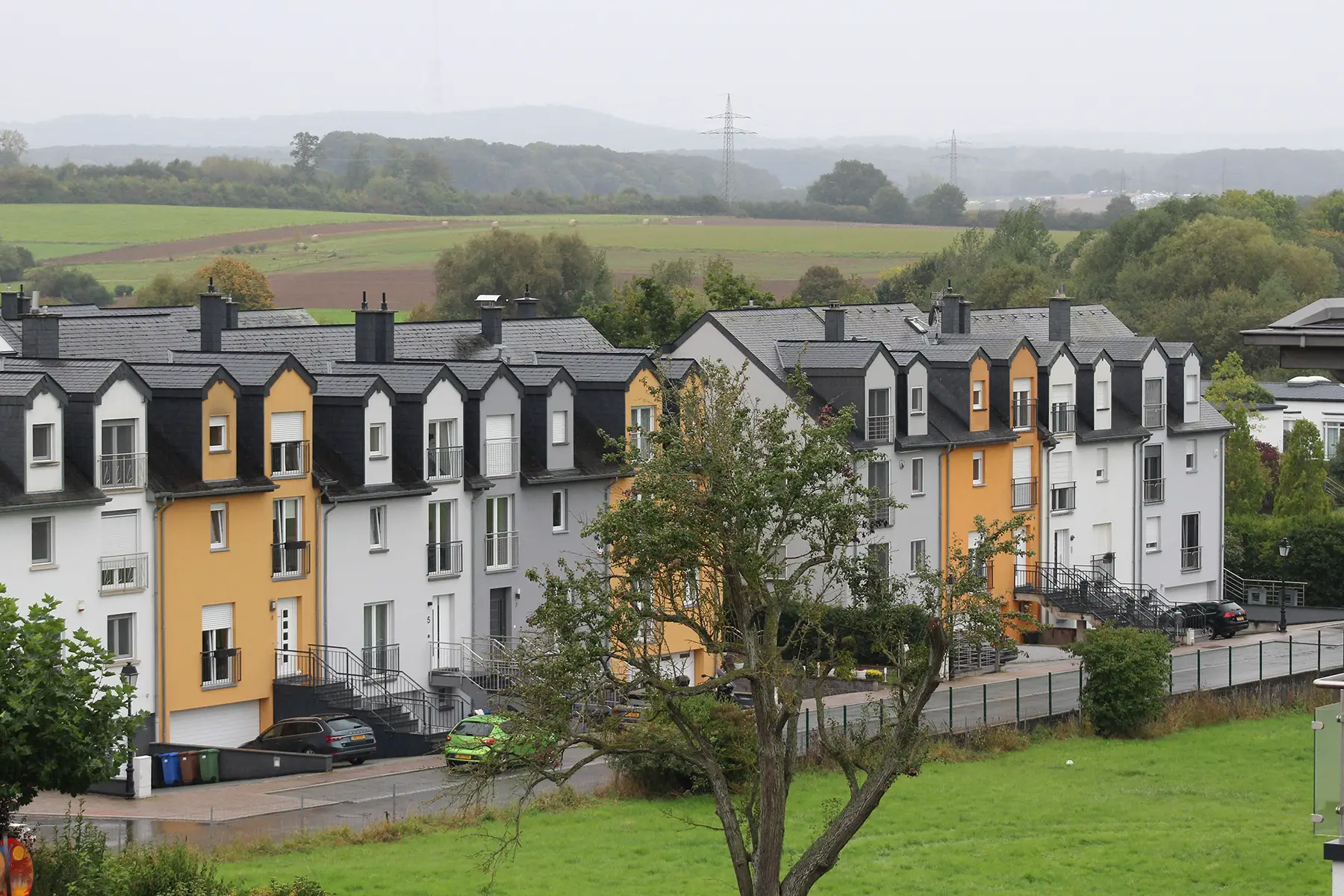
Renting a home gives you the time to research where you might like to live in the longer term and the flexibility to move to another area if you wish. There are no restrictions on foreigners renting in Luxembourg. You will usually need to provide identification, proof of your right to work in Luxembourg, employment details, and a reference from your last landlord if you’ve previously rented in Luxembourg.
Leases in Luxembourg can last anywhere from a few months to three years. The agreed term must be detailed on the tenancy contract, which must also specify any additional costs you’ll be liable for (such as service charges or concierge fees).
Can expats buy real estate in Luxembourg?
Renting might be a good short-term option, but buying a property in Luxembourg can be a sound investment, especially if you’re looking to stay for the long term.
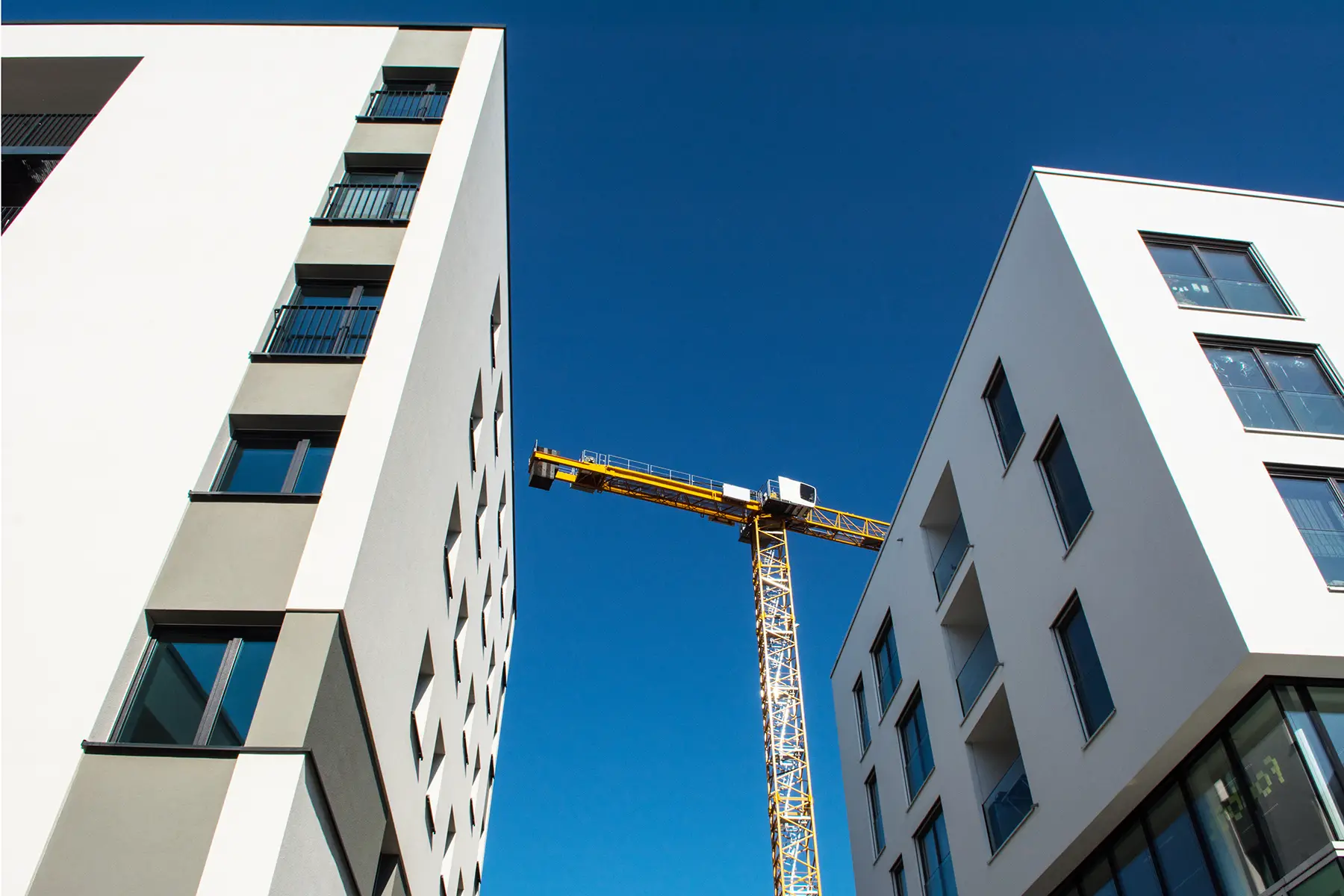
There are no restrictions on foreigners buying property, but you’ll usually need a good-sized deposit to get a mortgage. You’ll also require the services of a translator unless you speak one of Luxembourg’s three official languages – French, German, or Luxembourgish.
The Luxembourg property market and property prices
Luxembourg’s property market is very stable, with high demand from buyers resulting in ever-rising prices.
House prices in Luxembourg have increased significantly over the last decade. Research by the EU Commission found costs across the EU increased by 45% between 2010 and 2022. In Luxembourg, however, the increase was 131%. Only Estonia and Hungary recorded bigger rises.
At the start of 2022, house prices in Luxembourg averaged €1.2 million, with apartments averaging €800,000, according to data from the property company Immotop.
These figures only provide a general guide, as the property market changes all the time and house prices can vary from street to street, let alone city to city. You can find the latest house prices in each municipality by visiting the Housing Observatory website. The real estate company Wortimmo also publishes the latest house prices per square meter.
Buying a property in Luxembourg City
Luxembourg City is the most populated commune of Luxembourg, home to the country’s financial center and international schools.
The city is split into 24 districts. House prices are high across the board – this has been the case for a number of years. A Deloitte report in 2020 found that Luxembourg City was the second most costly place in Europe to buy a square meter of property after Paris.
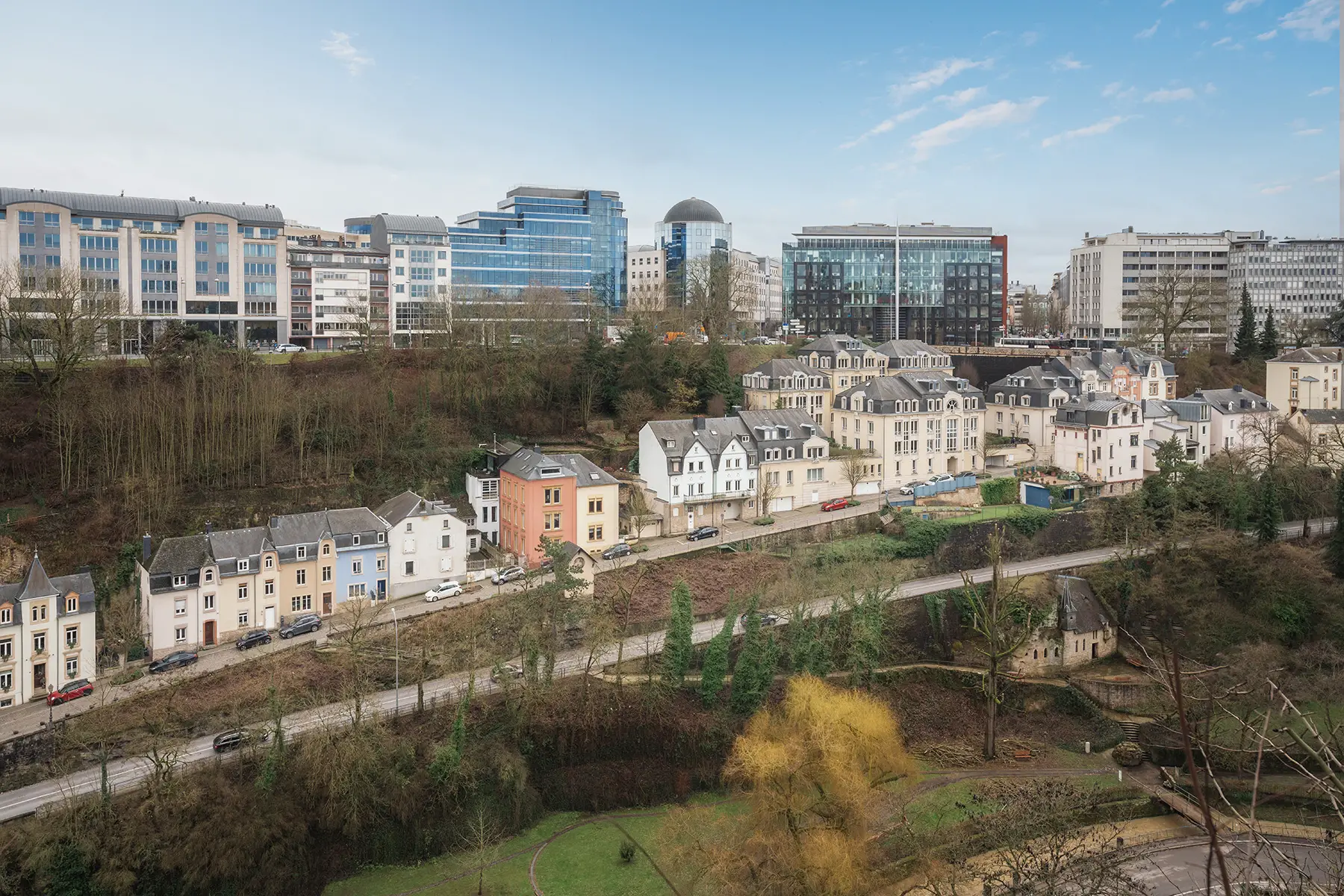
Data from Immotop shows that the average house price in the city in early 2022 was €2.1 million, while the average cost of an apartment was €940,000. In some districts, such as Bel Air, you can expect to pay well above €1 million for an apartment. High prices in the capital are one of the main reasons workers buy homes over the border in neighboring countries.
Costs of buying real estate in Luxembourg
Buying a house in Luxembourg isn’t just about property price. You’ll also need to factor in some additional charges.
Registration fees
Registration fees are the biggest additional cost of buying a property in Luxembourg. Fees are charged on the overall value of the transaction. In total, you’ll pay 7% of the property price (a 6% registration fee and a 1% transcription fee).
This can be reduced, however. Buyers can get a tax credit of up to €20,000 (€40,000 for a couple). This is called the Bellegen Akt. To be eligible for the credit, you must commit to living in the property for at least two years and pay a €100 fee. The credit is available to legal residents and expats who aren’t yet residents but state an intention to remain in Luxembourg. If you rent or resell the property within two years, you’ll need to repay the credit.
If you buy a property intending to resell it, you need to pay higher registration fees of 7.2%. A proportion of the fee will be refunded if you sell the home within four years.
Notary fees
Homebuyers in Luxembourg usually pay for a notary (solicitor) who oversees the legal aspects of the transaction. Notary fees are enshrined in law and amount to 1.5% of the property’s price.
Estate agent fees
As a buyer, you won’t usually need to pay an estate agent fee in Luxembourg – this is the seller’s responsibility. In a competitive market, some buyers appoint their own agent to find them properties as soon as (or sometimes even before) they come on to the market. Naturally, you’ll need to pay if you want this kind of service. Estate agents must have a permit to operate in Luxembourg.
Mortgage fees
When you take out a mortgage in Luxembourg, you’ll usually need to pay mortgage fees. These can include application fees (to review and process your application), advance fees (to arrange for the money to be sent to you), and account handling charges (for the upkeep of your mortgage account). Rather than charging fees as separate lump sums, lenders generally build them into the rate of interest you pay on the mortgage.
When it comes to paying fees, Wise has a specialist team to help move large transfers abroad and can save you money on currency exchanges.
Home insurance
If you buy a property with a mortgage, the lender will likely require you to take out payment insurance and buildings insurance as part of your contract. You can set these up in advance to come into force on the day you move into the property. Shop around before accepting insurance products offered by your mortgage lender. Contents insurance isn’t required by law, but you may wish to take out a policy to protect your belongings against theft or damage.
Financing a real estate purchase in Luxembourg
Mortgages
There are three main types of mortgage in Luxembourg.
- Fixed-rate mortgages allow you to make the same monthly repayments for the whole term of your loan.
- Variable rate mortgages fluctuate in cost depending on the rates set by the Central Bank of Luxembourg.
- Adjustable rate mortgages (sometimes called ‘revisable’ mortgages) allow you to fix your interest rate for three, five, or 10 years and then switch to a new deal at the end of the term.
Mortgages are usually available with terms of up to 30 years, though some banks offer longer periods.
To get a mortgage, you’ll usually need a deposit of at least 10% of the property’s value. Lenders may ask for more money depending on your circumstances and the amount you’ll be borrowing. In some circumstances, first-time buyers may be eligible for a mortgage with no up-front deposit.
Assistance schemes
Homebuyers in Luxembourg may be eligible for a state home loan guarantee to help them get a mortgage. The guarantee is designed for people who don’t have the funds to raise a significant down payment or can’t afford the additional costs of buying a property. It involves the government providing a guarantee to the lender for part of your mortgage. The MyLife website gives a detailed example of how it works.
Aside from the state guarantee, some mortgage lenders in Luxembourg offer flexible loans for young people buying their first homes. This can allow you to make lower monthly repayments for the first few years of the mortgage until you have higher earnings.
Finding real estate in Luxembourg
Most properties in Luxembourg are sold by estate agents. As in other countries, you can start your search by using a property portal, which lists homes for sale from a range of local estate agents in one place.
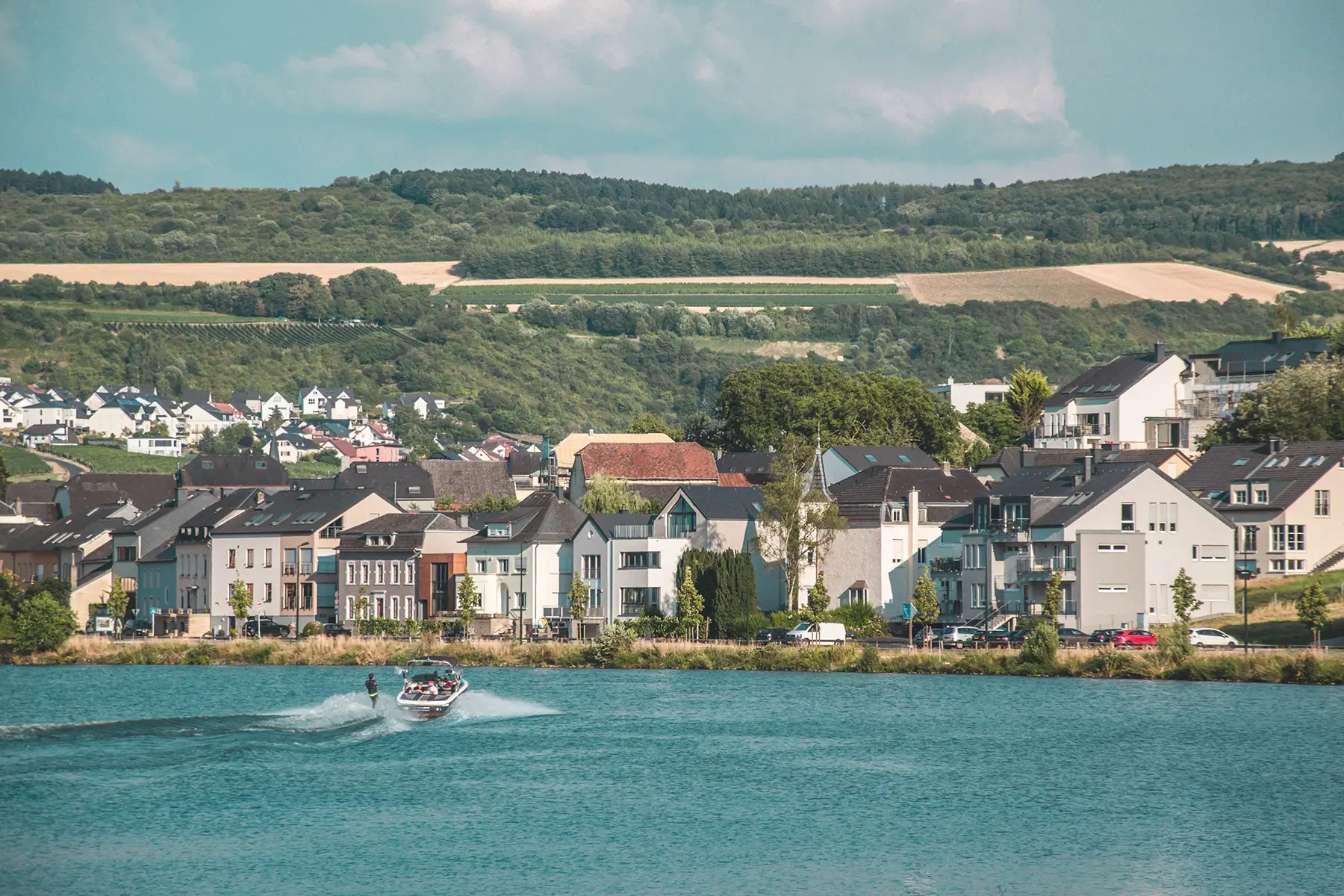
Some of Luxembourg’s biggest property portals include:
As Luxembourg’s property market moves quickly, you might find it helpful to register your specifications with local estate agents in advance. By doing so, you might be able to get access to early viewings or hear about homes before they officially make it onto the market.
Estate agents in Luxembourg must be approved by the Ministere des Classes Moyennes and have liability insurance. In addition, the portal atHome allows you to find your nearest local estate agents.
The process of buying real estate in Luxembourg
Viewing and choosing a property
You can view properties by setting up an appointment with the estate agent in charge of the sale.
The agent’s primary aim is to sell the property and get their commission, so make sure you do your own research on the property and create a checklist of key things to look out for and ask about during your viewing. Properties sell quickly in Luxembourg but don’t rush into making an offer on a home you’re not sure about.
Making an offer
When you’ve found a property you like, you can make an offer through the estate agent.
Once your offer has been accepted, you’ll need to sign a commitment to buy the property (compromis de vente). This is a legally binding document that confirms you’ll buy the home subject to your mortgage application being approved. If you pull out of the purchase for a different reason, you’ll need to pay a charge, usually 10% of the property price.
The compromis is an important part of buying a home in Luxembourg. Before signing, ensure that the seller has clearly stated exactly what is and is not included in the sale.
Paying the deposit
As we explained above, you’ll usually need a deposit of at least 10% of the property’s value to buy a home – though there are some instances where you can purchase a home with no deposit. You’ll need to ensure you have the necessary funds for the deposit before exchanging contracts.
Hiring a solicitor
The estate agent conducting the sale will usually recommend a solicitor or notary, but you are free to choose someone else. The same notary usually works for both parties involved in the transaction. The notary is responsible for dealing with the necessary paperwork and registering the change of ownership. You can find a list of notaries on the Chambre des Notaires website.
Arranging a survey
Before agreeing to buy a home, you might want to carry out an independent survey to ensure it has no significant flaws. You should do this before signing the compromis. There are many registered surveyors in Luxembourg – the Royal Institute of Chartered Surveyors provides a directory.
Exchanging contracts
On the day you exchange contracts, you must visit the bank to verify you have the required funds to pay your deposit. The bank will provide you with a document confirming proof of funds and that you have a legal right to buy a property in Luxembourg.
Your notary will prepare the contract (based on the compromis) and agree a moving-out day with the vendor. This can sometimes be as long as six to eight weeks after the date you exchange contracts.
Completing the sale
Once the sale is complete, you’ll sign an acte de vente and exchange keys. Your notary will arrange for the funds to be transferred to the seller.
Final arrangements
As soon as you move in, you’ll need to register your new address at the local commune. You can take your property contract as proof of residence and provide meter readings for utilities.
Moving into your property in Luxembourg
You’ll be responsible for local taxes, insurance, and utilities from the official day of completion.
When it comes to setting up your broadband, the more notice you provide, the better. Try to give one month’s notice to the provider, who will arrange for an engineer to visit the property soon after you’ve moved in. Electricity and gas supplies should continue without interruption, so you’ll just need to inform the providers that you’re the new owner.
You can either have new waste bins delivered or use those already at the property. If you keep the old ones, you’ll need to get a barcode for them from your local commune.
Building a new property in Luxembourg
It is possible to build your own home in Luxembourg, but this can be a costly and time-consuming process. First of all, you’ll need to find a suitable plot of land that hasn’t already been bought up by a developer. Next, you’ll need to appoint architects and builders and get the required permissions from your commune.
If you’re thinking of building your own home, take advice from your local commune first. The government provides certain grants and reduced VAT rates for building projects, but you’ll need to weigh up the overall costs and challenges of securing a plot before proceeding.
Buying a new-build home in Luxembourg
It’s possible to buy new or existing properties in Luxembourg. New-build homes must comply with energy-efficiency standards and come with a 10-year warranty provided by the builder.
When you buy a new-build property off-plan in Luxembourg, you’ll only need to pay a 3% VAT rate on the construction cost. If you’re buying the property to rent it out, however, you’ll need to pay 17% VAT.
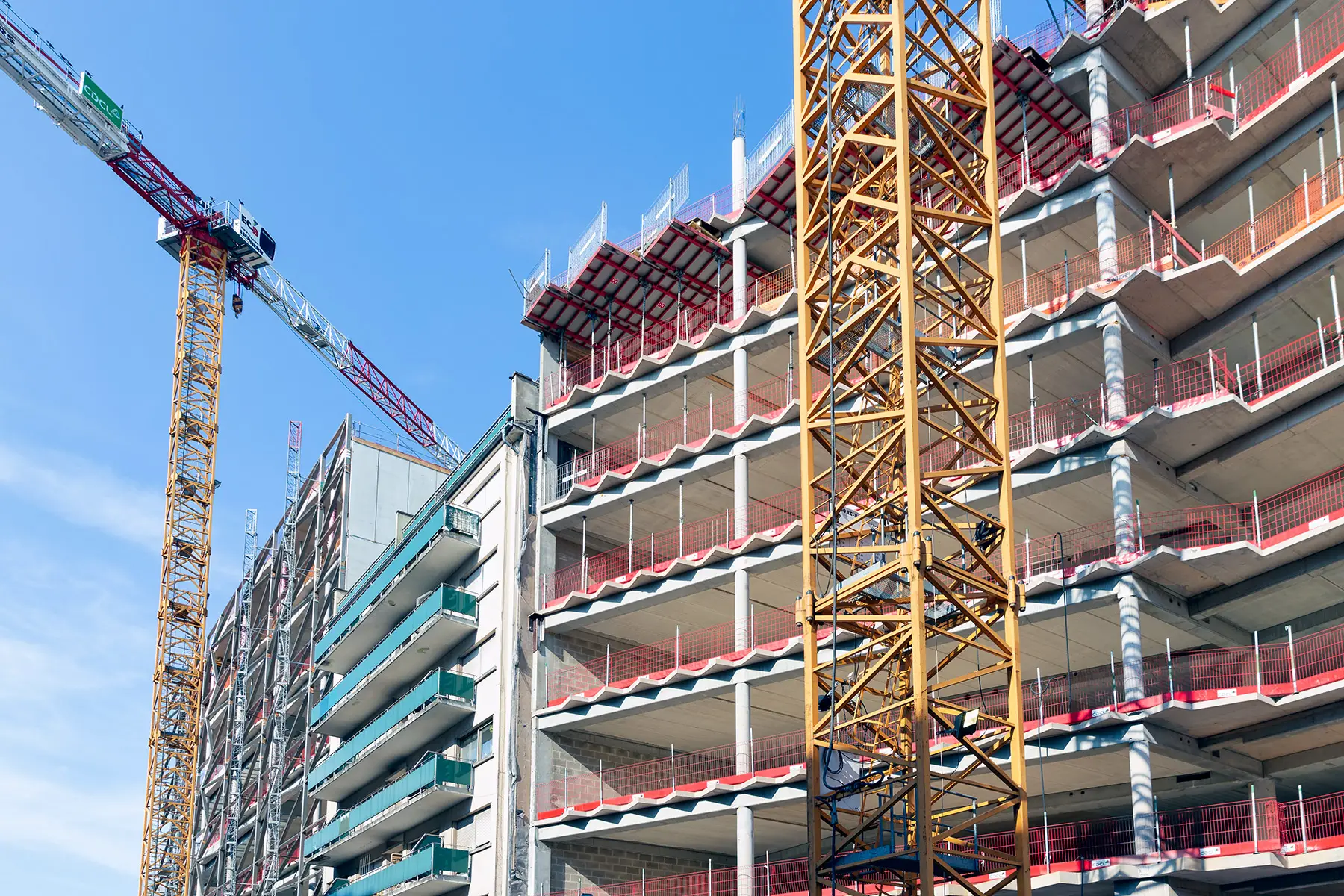
Another advantage of buying off-plan is a reduced registration fee, as you’ll be paying based on the value of the land rather than the land and the building upon it. This might cut your costs, but buying a new-build property is still likely to be more expensive than an existing one, as new homes come at a premium price.
You can find out more about buying a new home and the rules that developers must adhere to on the Luxembourg government’s website.
Selling real estate in Luxembourg
Before selling a house in Luxembourg, you’ll need to get it valued. Estate agencies have online tools with which you can get a basic estimate, and some of the websites we listed earlier allow you to view how much homes have sold for in your area. To get a more comprehensive valuation, you’ll need to have an estate agent come out to view your home. It’s worth getting several valuations before settling on an agent.
You’ll also need an energy performance certificate (Energiepass), which must be less than 10 years old. Make sure you have the deeds of your property, its Land Registry number, and – if you’re selling an apartment – notes from any recent meetings held between owners in the block. If the property is less than 10 years old, you may need to hand over the developer’s original 10-year guarantee.
In Luxembourg, the seller pays the estate agent fee, which is commonly around 3% of the final sale price, plus VAT. If you take your property off the market after signing a contract with an agent, you might need to pay a fee, which will be specified in the contract.
Tips on buying real estate in Luxembourg
- Take time to acquaint yourself with different areas before settling on one. Consider renting first to see if you like the location.
- Do your research on property types and prices in the area before starting your search. If you’re thinking of buying a property that you’ll need to renovate, learn about the local building rules and regulations.
- Visit a potential property multiple times at different times of the day to get an idea of things such as traffic and noise pollution. Consider taking someone along with you to get an unbiased second option.
- Find out about your mortgage options – and any assistance schemes you might qualify for – in advance. Shop around with different banks to find the best deal.
- Consider having an independent house survey done before signing an agreement. If this uncovers significant problems, you may want to renegotiate on price or pull out.
- Don’t necessarily choose a notary that the estate agent recommends. Shop around to see if you can get a better deal elsewhere.
